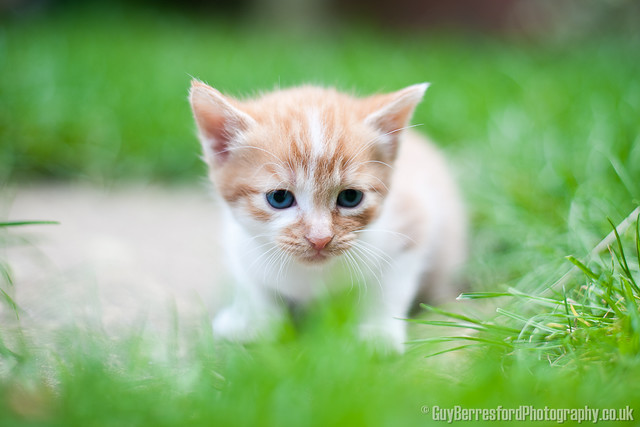Words for small and related words in Celtic languages.
| Proto-Celtic | *bikkos = small, little |
|---|---|
| Old Irish (Goídelc) | bec(c) [ˈbʲeɡ] = small, little |
| MIidle Irish (Gaoidhealg) | bec, beg = small, little, a small amount becaid = to make small, deplete becaigid, begaigh = to lessen, diminish, reduce becán, begán, beccan = a little, small quantity, a few, a small number, little one, child, humble, lowly one becda = lowly, humble |
| Irish (Gaeilge) | beag [bʲɔɡ / bʲɞɡ / bʲɛɡ] = little, small, small amount; few beagadán = diminutive person, little one beagaigh = to lesson, diminish beagán = little, a few, a little, somewhat beagchainteach = silent, taciturn beagchéillí = senseless, foolish |
| Scottish Gaelic (Gàidhlig) | beag [beg] = small, little, wee; minor; petty, puny, trifling; slight beagadh [begəg] = to diminish, lessen, reduce beagachadh [begəxəɣ] = diminishing, lessening, reducing beagag [begag] = small thing, trifle beagan [began] = a little, a few beaganas [beganəs] = slight, snub beagnachd [begnəxg] = parvity, smallness |
| Manx (Gaelg) | beg = small, short, slight, few, poky, model, narrow, quiet, dwarf beggan = somewhat, slightly, partly, faintly, a few, little, small piece begganid = littleness, smallness, slightness beggid = diminutive, diminutiveness, littleness, paltriness |
| Proto-Brythonic | *bɨx = small |
| Middle Welsh (Kymraec) | hach, bych, bâch, = small, little baches, baçes = darling, little, little woman bachken, bachcen = boy, lad, youngster, servant, son, child bachcennes = young girl, maiden, damsel, lass, wench |
| Welsh (Cymraeg) | bach [baːχ] = small, little, short; not fully grown or developed, young; insignificant, unimportant, humble; small (business); lower-case (letter); dear, beloved; poor baches = darling, little, little woman bachgen = boy, lad, youngster, servant, son, child bachgennes = young girl, maiden, damsel, lass, wench bachigol = diminutive, small, little bychan [ˈbəχan] = little, small, minute, diminutive; inconspicuous, obscure, unimportant, petty; young inexperienced; little one, young child bychanaf, bychanu = to abase, disparage, disregard, slight, minimize bychander, bychandod = littleness, smallness, scarcity, contempt, pettiness bychanig = very little/small, minute, diminutive, bit, piece bychan bach very little |
| Middle Cornish (Cernewec) | bechan, bian, bichan, bihan, bochan, byan, byhan = little, small |
| Cornish (Kernewek) | byghan [‘bɪhan] = little, small byghanhe = to reduce, make smaller byghanna = smaller |
| Middle Breton (Brezonec) | bihan, byhan = small bihanaat, bihanhat, bihanat = to shrink, diminish bihanaet, bihannaet = decrease bihanded, bihandet, bihandætt = smallness |
| Breton (Brezhoneg) | bihan = small, insufficient, modest, little bihanaat = diminutive, pet name bihanadur = miniature bihanniver = minority |
Etmology: possibly from the Proto-Indo-European *bʰég-ko-s, from *bʰeg- (to break) + the suffix *-kos [source].
Words for small and little in Romance languages, such as petit in French, pequeno in Portuguese and pequeño in Spanish, possibly come from the same Proto-Celtic root, via the Latin word *pittus (small, little) [source].
Words marked with a * are reconstructions.
Sources: Wiktionary, Etymological Dictionary Of Proto Celtic, In Dúil Bélrai English – Old Irish glossary, eDIL – Electronic Dictionary of the Irish Language, Teanglann.ie, Am Faclair Beag, Fockleyreen: Manx – English Dictionary, Online Manx Dictionary, Geiriadur Prifysgol Cymru, Lexicon cornu-britannicum : a dictionary of the ancient Celtic language of Cornwall, Gerlyver Kernewek, Devri : Le dictionnaire diachronique du breton, Dictionaire Favereau, TermOfis

